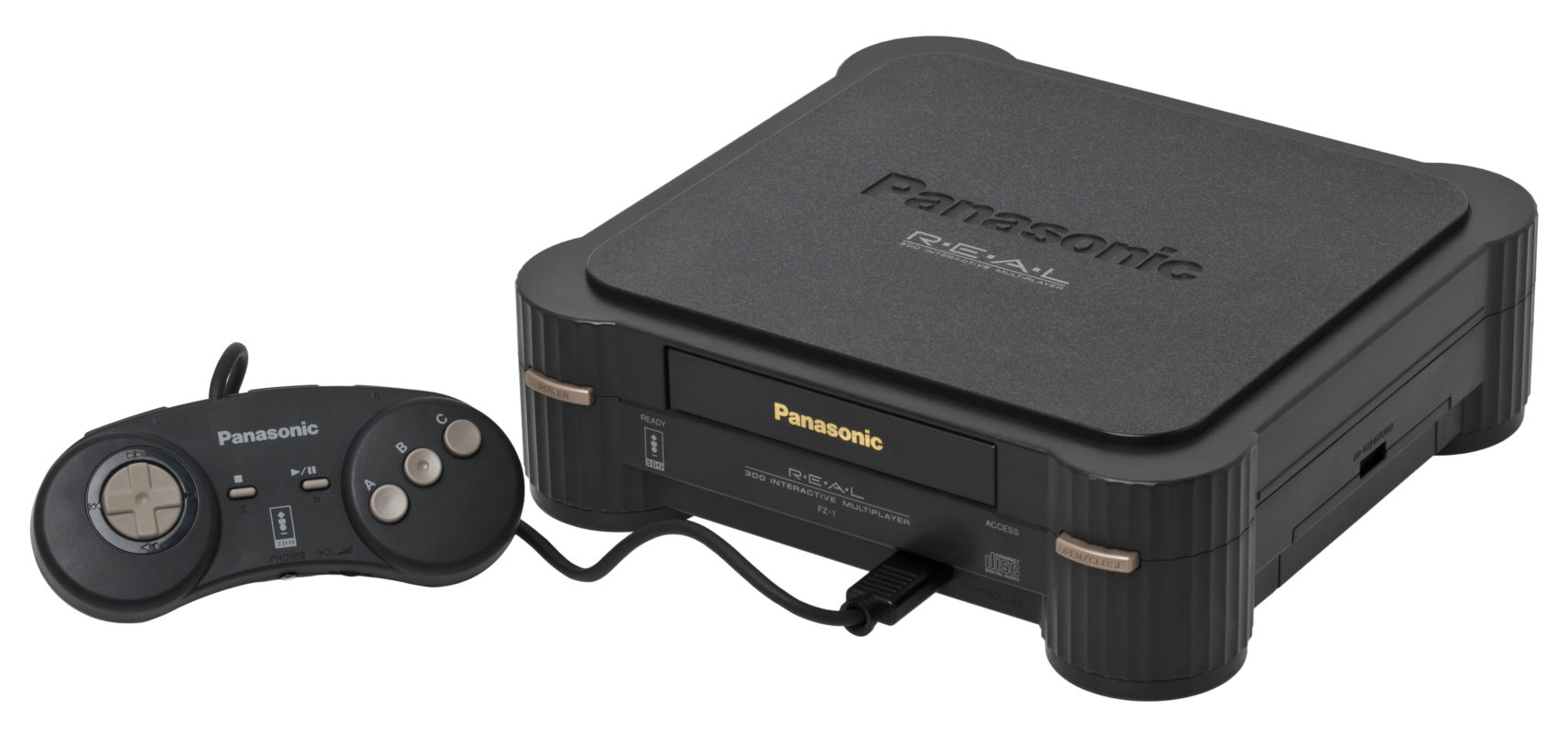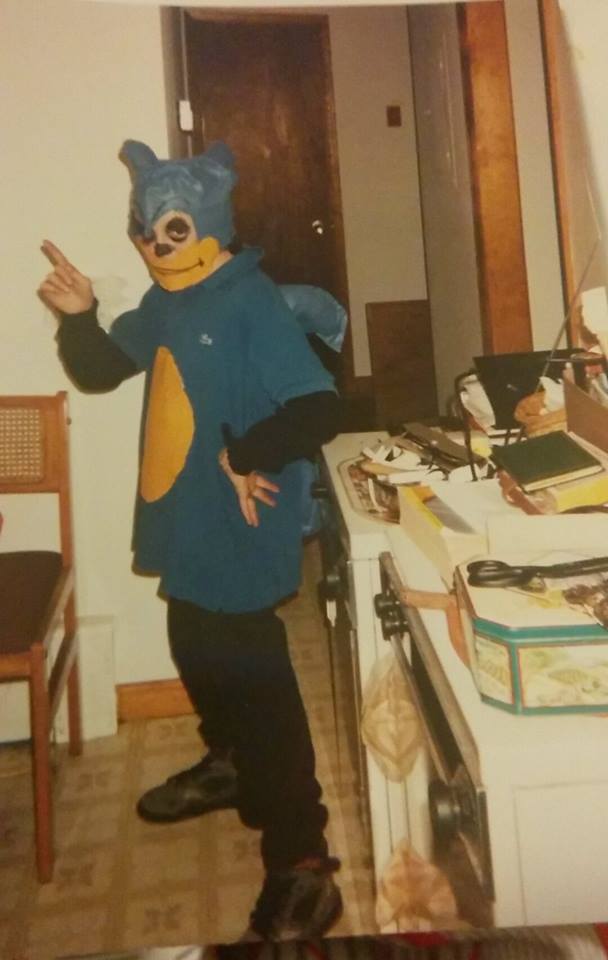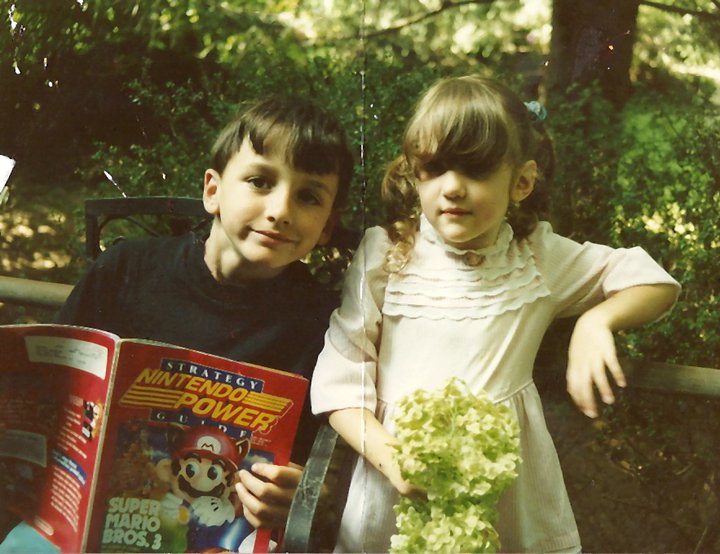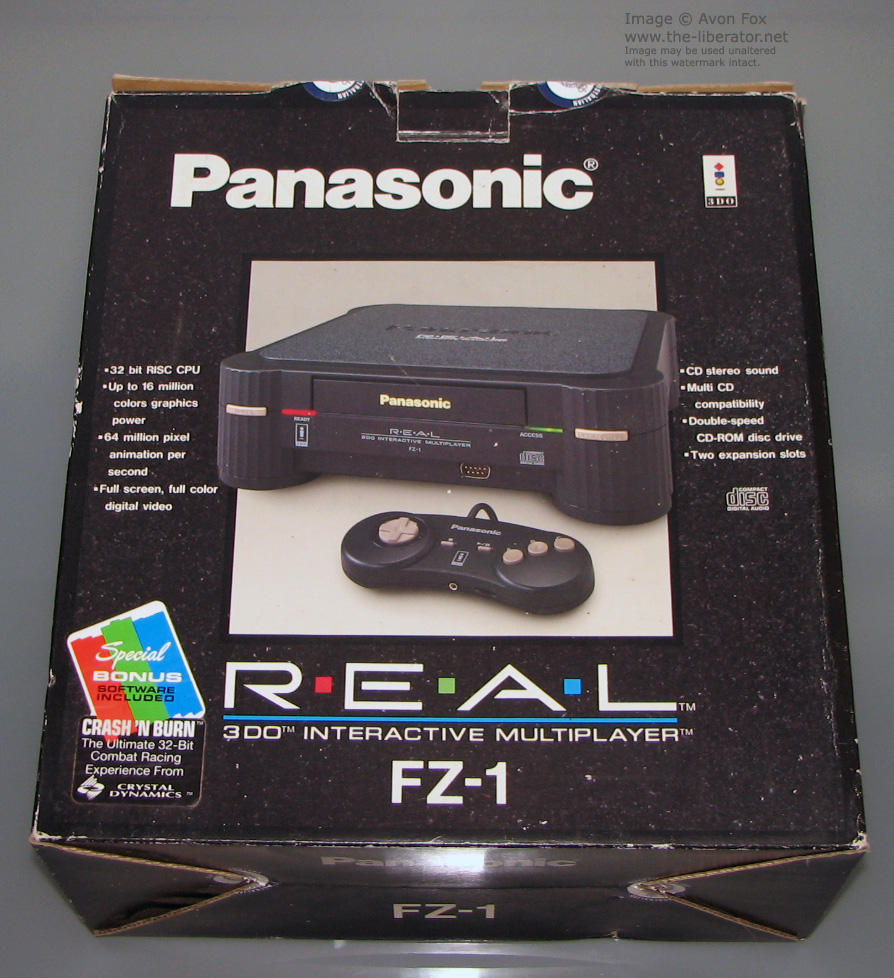
Behind every super logical sounding argument or theory, there is always some kind of emotional charge. This is especially true in media studies and criticism, I think. That’s not to say, however, that the argument or theories are wrong, or coming from a dishonest place. We’re all people and we all have stories that are real and that happened and that do actually say something about the world, and those real things are informing our point of view now, in the form of that emotional charge.
For as long as the internet has had access to me and my writing, and also for many years before that, I have been a strong videogame skeptic.
Someone asked me what the best Nintendo DS game was. I said, confidently, that I thought it was Mystery Dungeon: Shiren the Wanderer. They looked into it some, and were able to find out many egregiously horrible design flaws in the game. I conceded them all, saying, “I didn’t say Shiren was good, I said it was the best DS game.”
I’ve met people recently who call themselves videogame cynics, who say stuff like “I feel like I hate all videogames”, and I just know that they like videogames way more than I do. Over the last few years I’ve been telling people I’m a “videogame escapee”, particularly coming out of the GamerGate situation and how so much of videogame industry and fans (at least the loud, vocal ones) seem to be toxic, angry, aggressive, lacking compassion, etc. It feels very insular sometimes, going to these game conventions with booth babes, guns, and huge muscle cars everywhere. And as a straight white dude myself, I generally have wanted to kind of back off somewhat out of that insular little circle.
Oh, and also videogames cost a lot of money. And it’s this big conspicuous consumption thing where people just kind of want to buy stuff, like on some level the most fun games ever are are while you’re purchasing them. And also, what adult has the time to play these things, anyway?
The point is: if you want to withdraw from videogames, there are ample reasons to do so.

For years I’ve told myself that my hate for games is actually because I love them so much. I see a promise in them that other people either can’t see, or don’t care about – a promise of vastly better interactivity, etc. And all of that stuff, all of my criticisms, I think they’re not false. But there’s also an emotional charge element to it all that maybe explains it better than whether any of these points are true or false.
The picture above was taken sometime around 1992 or so, I believe, and it’s of me in my home-made Sonic the Hedgehog costume (thanks, Mom!). Growing up, I really liked videogames. But like, no – you don’t understand. I really, really liked them. I had a massive collection of NES, Super Nintendo, Atari 2600, Gameboy, Game Gear, and Genesis games at that time, and they weren’t the only things I was interested in, but they were always a main centerpiece of any social interaction or free evening.
And back then, I had an optimism and a positive identity as a “gamer”. I took pride in it. I would dress up as characters, draw the characters, talk to people about the games, go excitedly to Gamestop (or back then, more Babbage’s) and get excited about things.
In 1992, I was like how so many people are now about videogames. Excited, and able to take pride in my hobby. By 2000, I was distinctly and clearly not so.

The 3DO
There were a few formative events that pushed me in this direction, but if I had to point to one “inciting incident” for this change, it would probably have to be the Panasonic R.E.A.L. 3DO. Actually, I just looked it up on Wikipedia, and apparently the real, full name was the “Panasonic FZ-1 R.E.A.L. 3DO Interactive Multiplayer“. I had no idea, I never heard “FZ-1” and I don’t remember “Interactive Multiplayer” either.
It came out in October of 1993. A hung out with a couple of friends who were older than I was, and had jobs, and were equally as obsessed with games, and they got a 3DO pretty early on. Here’s the big thing about the 3DO you need to know:
IT COST SEVEN HUNDRED DOLLARS. That’s $699.99, specifically. And that was not normal back then, or anything – the Sega Genesis cost $189.99 when it came out.
But I played the 3DO at my friend’s house and I was totally sucked in. I had to have it. The only way I could get that kind of money together quickly as a 12 year old was to have a tag sale, and so I had a huge one, wherein I sold almost all of my videogames*. The gameboy, the game gear, the NES, the Atari, a ton of accessories and games, were now all gone (I believe I kept my Super Nintendo, because I was also obsessed with Mortal Kombat 1 and 2 at the time).
I really did that, and I got together most of the money to get a 3DO. I remember going to Babbage’s and buying it, and being so excited. I took it home, and honestly, I enjoyed some of the games a lot. The original Need for Speed was a decent racing game with the first “good car physics” I had ever seen in a game, and that was a lot of fun to play with. Crystal Dynamics’ Total Eclipse and Crash n’ Burn were both, totally fine videogames overall, if nothing particularly special. John Madden Football was… I mean, it was John Madden Football – it was quite like ’92 and ’93 which I liked a lot. Some other games were pretty obviously not-good, like Way of the Warrior, their attempt at a Mortal Kombat clone. There were a few other neat features – to this day I wonder why more systems don’t use the “chaining controllers” model that the 3DO used, where a second player would plug his controller into your controller, and a third player would plug their controller into yours, and so on. (Well, I dunno, maybe that’s not that cool actually, but it was novel.)
Overall, my actual interactive experience with the few games I had was actually alright. But it wasn’t mind-blowing. And overall, the Super Nintendo was way better. I don’t think I was conscious of that fact, but the undeniability of it kind of started sinking in.
But I remember the real moment everything sank in. I remember the moment so much stuff happened in my brain. About 4-5 months after I bought the 3DO, I went into Babbage’s, as I had many times, and I saw the shelf where the 3DO was, with a few boxes that looked like this:

All scuffed up – the mark of people abusing the hell out of Babbage’s ridiculous return policy (which I myself abused many times by buying PC games, installing them, and then returning them). But the worst part of all was that there was a little sticker slapped onto the box. It was a price sticker, but it wasn’t the normal small, white orange stickers you typically see on an item like this. It was an orange sticker, more like one you’d see in a supermarket on a 2-liter of store-brand cola when it was on sale. But the worst thing of all was what the sticker said:
$49.99
That’s right. The 3DO, between the time I bought it for $700, and the handful of months that had gone by, had now gone down in price to just fifty bucks. I had of course been following the news about various 3DO games getting reviewed badly, and how the system wasn’t doing so well, but when I saw that sticker, that was the moment when I knew that the 3DO had died.
But it wasn’t just the 3DO that died at that moment. My belief in the greatness of videogames, the dream of videogames, was really kind of shattered. It was all just… some crap. Seeing that box all tattered and bruised like that, that early in a console’s life, really just let me see behind the curtain in a way, and really realize—really know, and feel it, in my heart—that it’s just marketing, all the way down. From that point on, and even today, I see new games in this state: massively marked down, in a beaten-up cardboard box. I always ask, “how much value will this have, then? Without the hype storm, without the ads, without the memes?”
There wasn’t any overnight change, but I think that that was the last time I bought a console as soon as it was available. Both the original Playstation and the N64 I got, but 3-4 years after they came out. And that number got bigger and bigger for each successive generation. By 2000 I remember staunchly advocating against people buying consoles anywhere near their release date. Release day is the worst possible day to buy a console, I would tell people. The system has the smallest library, and it costs the most. Wait about 10 years, so you get the largest library and the cheapest cost, I would tell them.
Today
And those things aren’t false. It really is kind of irresponsible and sort of dumb in a way to buy a console really early in its lifespan. But maybe that’s what it is to like things. Being a little bit dumb – believing in something, even when maybe you know you shouldn’t. Because maybe you’re wrong. Have a little humility in your own ability to know how it’s going to go, and have a little bit of hope and optimism in the other human beings who are making these things. Now, I’m a game developer, I know indies and AAA people and everyone in between, and I’ve never met anyone who was very cynical about it at all. People are trying to make good things.
Beyond that, though, if you wait 10 years to buy a console, or if you don’t buy one at all, that means you won’t be connecting with anyone about these things. Most of the big games of the last decade or so, I’ve done this with—always played them at least a year after everyone else did, sometimes a lot more. And okay, yeah, they’re cheaper. But have fun playing them all by yourself with no one to connect with them on. There’s value in being part of a current conversation.
And there’s even value in some of the “hype”. If it takes hype to get me and a friend to sit down in front of a game and play it for a couple hours, then maybe there’s something to that. I can’t forget that a lot of these games are made by massive, massive corporations that are dealing in totally obscene amounts of wealth, and I can’t forget that we as a society are totally brainwashed into being these conspicuous consumers for whom it gives them a weird rush of pleasure to buy things.
But I can choose to try to have a positive attitude about things. Yeah, the 3DO is a good glimpse for me into the reality of what videogames, especially consoles, are. They’re marketing. They’re some plastic and some silicon and some metal with a good ad campaign. But they are also platforms for art, real art, made by real people, with real stories. And even for the huge AAA games, not all of those stories get their edges shaved off. We are connecting with a real person, with real people, when we play Breath of the Wild.
Going Forward
It’s true that on the extremely narrow axis of interactivity that I’m generally interested in – strategy games – I do think videogames are a little bit stuck in the mud (which is what a lot of my theory work is intended to help out with). But what about other things? What about puzzles like Portal, what about toys like Minecraft, what about contests like Rock Band, and what about interactive narrative experiences like Gone Home? I don’t deny that these things are all… quite fantastic. And yet I’ve still kind of just say that “videogames suck”, overall.
Ultimately, I just kind of have – or, have had, as I’m trying to change this – a negative attitude about games. This year, I bought a Nintendo Switch, and the new Mario, and the new Zelda. I also got Civilization VI and I’m excited about the upcoming expansion, which I’m going to play when it’s new, for once.
In my recent podcast episode, some got that I had “flip flopped” from my previous super-formal “hate everything” positions. It’s not the case. I still have all the same problems that I had before, I just am taking a wider view, and a more pro-social view. We can know about these problems and have a negotiated interaction with them, which is what I want to do. And I also want to recapture some of that feeling that I had dressing up Sonic as a kid.
~
Thanks for reading! You can support my work here.
* The good news is, in my early 20’s I worked at a Funcoland and got back all of my videogame collection, and then some. The bad(?) news is that I’ve since sold almost all of it again.
You must be logged in to post a comment.